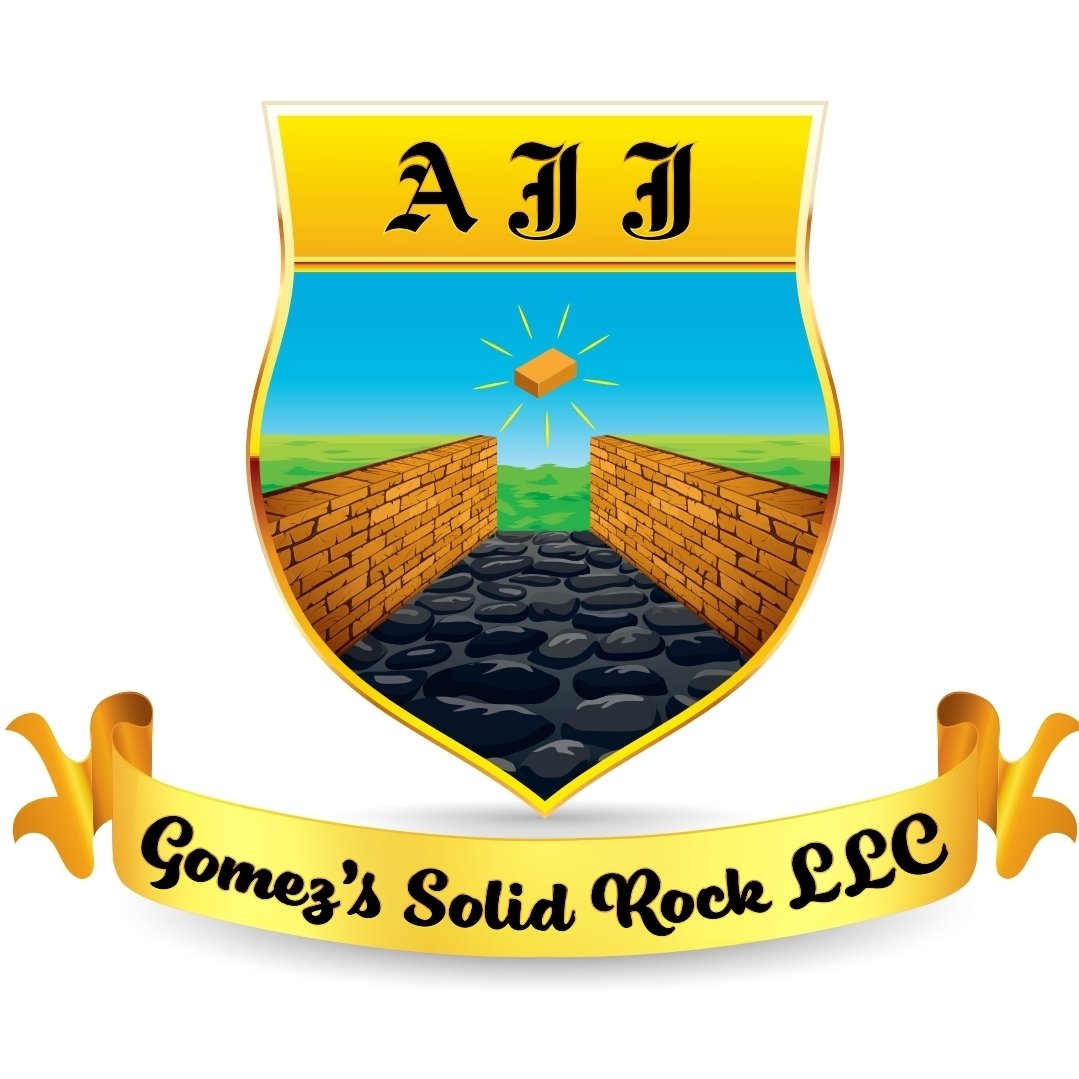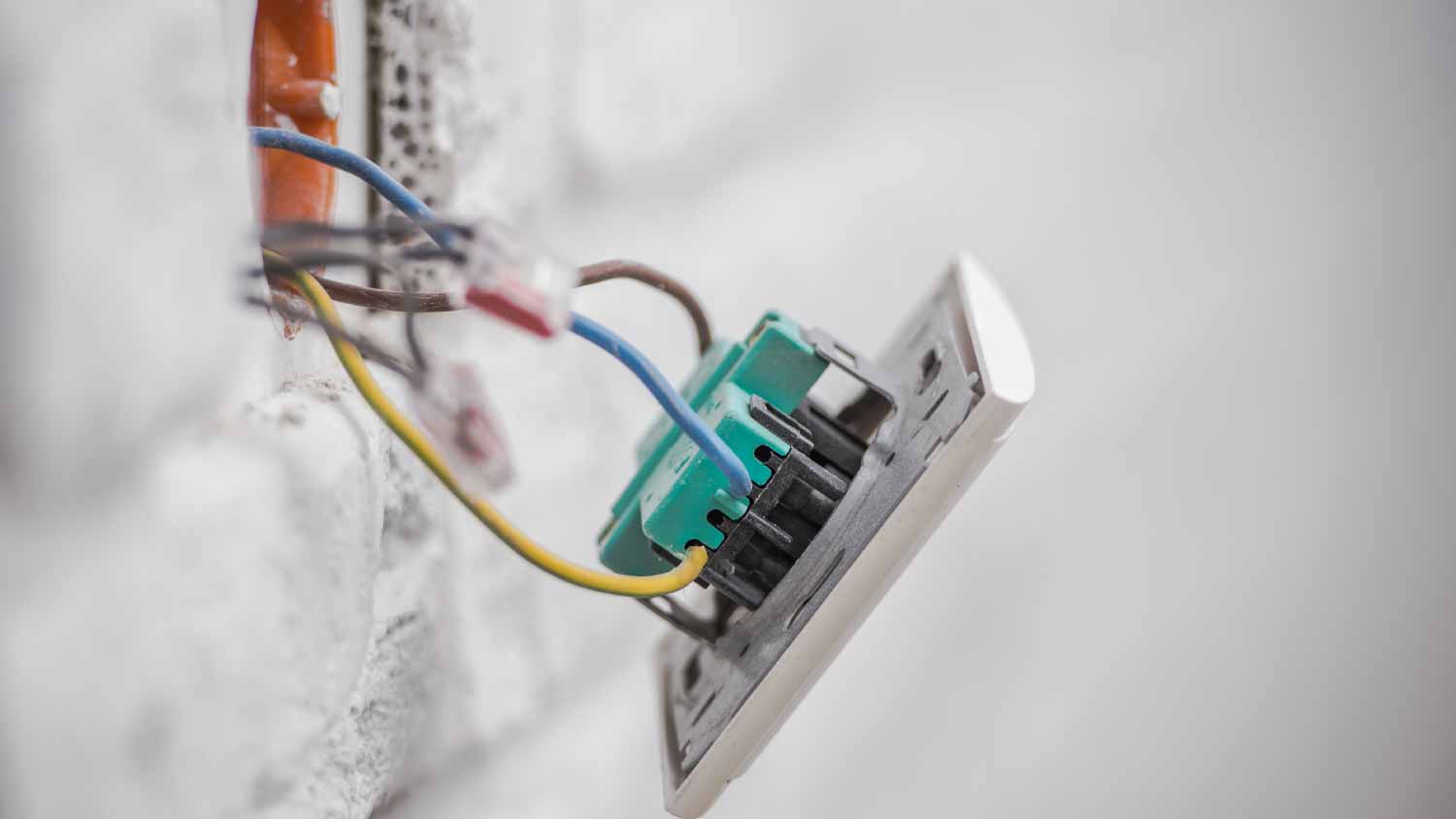
Get matched with top gas log pros in Eden Valley, MN
Enter your ZIP and get matched with up to 5 pros
Need a pro for your gas log service project in Eden Valley, MN?
Find Gas log pros in Eden Valley

AJJ Gomez Solid Rock LLC
AJJ Gomez Solid Rock LLC
AJJ Gomez Solid Rock, we dedicate to create outdoor living spaces, water features, & lawn maintance. We have 10 years of experience, and we are owner-operated.
"It went well. It was wonderful to see a family work together like that father and two sons they got along with. They got the job done. I wanted to pitch in and help myself sometimes just because it's something I used to do. I had to force myself to stand back and just let them do their work. I would absolutely hire them again. It was a pleasure to have them out here. I even cooked them a barbecue one day. It was awesome."
Cliff T on September 2025
AJJ Gomez Solid Rock, we dedicate to create outdoor living spaces, water features, & lawn maintance. We have 10 years of experience, and we are owner-operated.
"It went well. It was wonderful to see a family work together like that father and two sons they got along with. They got the job done. I wanted to pitch in and help myself sometimes just because it's something I used to do. I had to force myself to stand back and just let them do their work. I would absolutely hire them again. It was a pleasure to have them out here. I even cooked them a barbecue one day. It was awesome."
Cliff T on September 2025
The homeowners guide to home care is here
From average costs to expert advice, get all the answers you need to get your job done.

The cost to ground outlets depends on several factors. This guide will help you prepare for all of the costs involved with this project.

Attic fan installation costs vary based on location, fan type, and other factors. Get the cost breakdown for labor, materials, and additional extras so you can work out your budget for this essential home renovation project.
 •
•Discover the cost to replace outlets in your home. Learn about price factors, labor rates, and tips to save on your outlet replacement project.

A dead outlet is more than an annoyance. It can be a fire hazard, too. Here’s how to deal with a dead outlet to keep your home safe and prevent fire.

An incorrectly sized breaker can lead to costly problems down the road. Use this guide to learn how to calculate the right breaker size for your water heater.

Your home might have a variety of electrical outlets, depending on how old the structure is and what type of appliances you use. Learn the different types of outlets, how they work, and how you use them.
- Watkins, MN Gas log pros
- Richmond, MN Gas log pros
- Cold Spring, MN Gas log pros
- Kimball, MN Gas log pros
- Rockville, MN Gas log pros
- Saint Augusta, MN Gas log pros
- South Haven, MN Gas log pros
- Avon, MN Gas log pros
- Saint Joseph, MN Gas log pros
- Dassel, MN Gas log pros
- Clearwater, MN Gas log pros
- Annandale, MN Gas log pros
- Waite Park, MN Gas log pros
- Saint Cloud, MN Gas log pros
- Sartell, MN Gas log pros
- Cokato, MN Gas log pros
- Holdingford, MN Gas log pros
- Maple Lake, MN Gas log pros